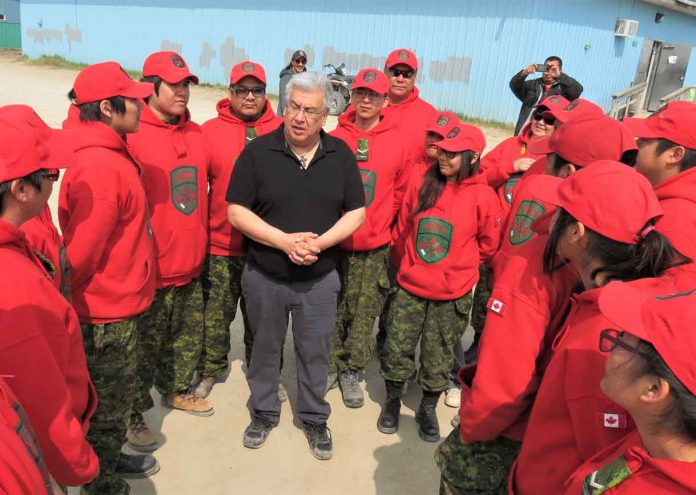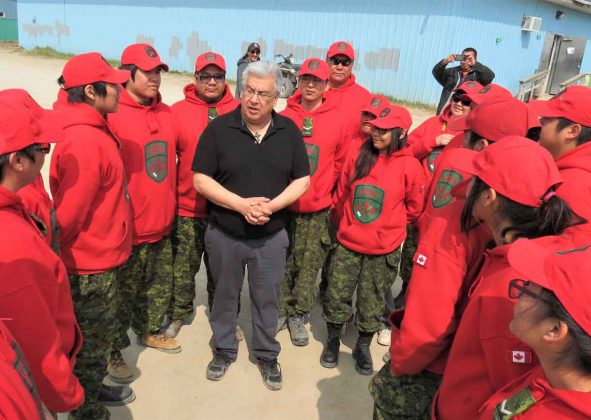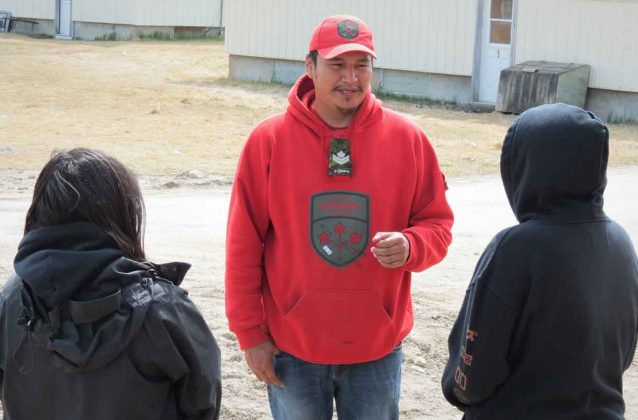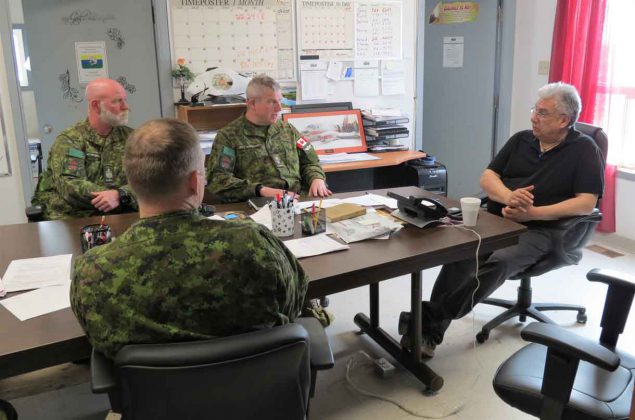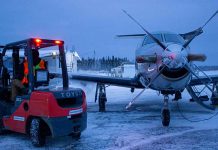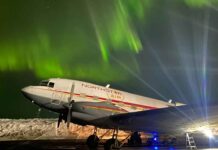Kitchenuhmaykoosib Inninuwug – Canadian Rangers from nine Indigenous communities from across the Far North of Ontario have played a crucial role in an isolated First Nation after five people died in a house fire in the remote fly-in community.
Kitchenuhmaykoosib Inninuwug often referred to as KI, declared an emergency after the fire on May 2 killed a foster mother, her six-year-old biological daughter, and three foster children aged seven, nine, and 12. The Oji-Cree community is 600 kilometres north of Thunder Bay and has a population of about 1,400.
“It was an event that shook our community,” said Chief Donny Morris. There were fears that the deaths would lead to suicides and social instability. “We did not have the resources to deal with it.”
The First Nation asked for help from the Canadian Army, which authorized the use of Canadian Rangers, who are part-time army reservists, to help the stricken community. Part of the Ranger uniform is a distinctive red sweater.
“The Ranger red sweater is highly respected in Northern Ontario,” Chief Morris said, “and it meant a lot to have those red sweaters patrolling and being involved in our Community Centre, at the grave site, and doing regular briefings here in the Band office. Their presence has helped stabilize the community. They stopped two feared suicide attempts. We had a community feast to thank and honour them.”
Members of the local Ranger patrol were quickly augmented by Rangers who flew to KI from Bearskin Lake, Cat Lake, Fort Severn, Lac Seul, Peawanuck, Pikangikum, and Wapekeka.
Master Corporal Orion McKay, a member of the KI Ranger patrol, said the deaths affected the whole community. “We’ve never experienced anything like this,” he said. “It was hard on everybody. The deaths affected four families and a lot of friends. Everyone knew them. I’ve had friends who have committed suicide and we feared there would be more suicides. People come up to us, the Rangers, and say thank you for being here to help us.”
Master Corporal McKay, who runs the Junior Canadian Ranger program in KI, organized a series of activities, such as archery, learning on-the-land skills, and overnight camps, to keep the local youth occupied.
A number of Canadian Army Ranger instructors flew into KI and their presence in army combat uniforms also helped steady the community, Chief Morris said.
“Things were chaotic when I arrived,” said Warrant Officer Carl Wolfe, a Ranger instructor. “We wanted to create a sense of calm by being visible. The Rangers wore high-visibility vests that said Ranger on them. They went around and talked to the kids and to people who might need help. They walked every street in KI. We made sure we always had a presence in areas of significance.”
Some of the Rangers who flew to KI to help were new and inexperienced Rangers, he said, “but their drive, motivation, their determination, and their want to contribute to the greater good of this community helped immensely.”
Thirty-six family members flew from KI to Sioux Lookout for a memorial service. They were supported for their two days in Sioux Lookout by members of the nearby Mishkeegogamang First Nation Ranger patrol who provided transportation, help with their luggage, and provide whatever other help they could give.
When the remains of the five dead from the fire were flown back to KI after autopsies the Rangers provided a guard of honour at the KI airport.
“The Rangers bring their training and their great cultural understanding into an operation like this one in KI,” said Lieutenant-Colonel Matthew Richardson, who commands the Rangers in Northern Ontario. “It demonstrates again that they are an indispensable community organization in the North.
“We helped evacuate Kashechewan First Nation recently when it was threatened with flooding. We have been busy this year with search and rescue operations. Since the beginning of 2015, we have rescued more than 100 people in searches. The Rangers do a great job whenever they are called on to provide help and that’s what they have done and are still doing in KI.”

